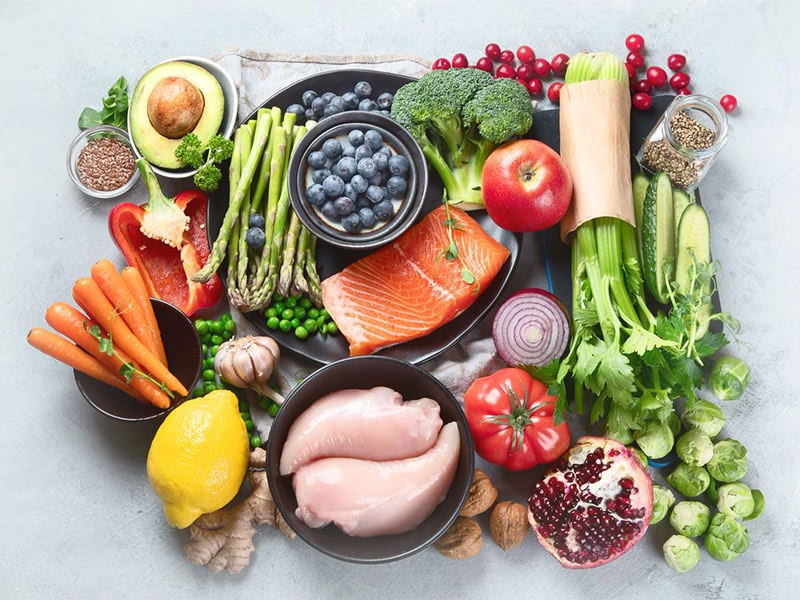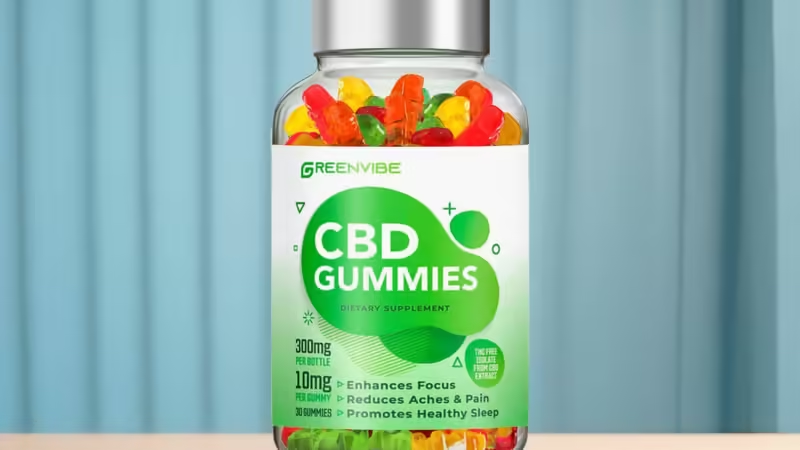How to Lower Cholesterol & Triglycerides Naturally: Top Herbs, Fruits & Lifestyle Tips

What are cholesterol & triglycerides, and why control them
- Cholesterol is a waxy substance your body needs, but in excess (especially LDL “bad” cholesterol), it can contribute to clogged arteries, heart disease, stroke.
- Triglycerides are a form of fat used for energy; high levels (usually from diet, obesity, etc.) also increase risk of cardiovascular disease.
- Lowering “bad” cholesterol (LDL, total), sometimes raising HDL (“good”) cholesterol, and reducing triglycerides are all goals.
Doctors in both the USA and Pakistan emphasize Cholesterol & Triglycerides Naturally lifestyle (diet, exercise, weight control) as first-line strategies. Herbs and fruits are seen as adjuncts — helpful, but not replacements for medications in high-risk cases.
Findings from USA-based doctors / research
Some of the credible sources:
- Mayo Clinic — highlights that certain supplements/herbs may help reduce LDL and triglycerides:
- Berberine may reduce LDL cholesterol and triglycerides. Mayo Clinic
- Flaxseed (ground): can reduce LDL cholesterol. Mayo Clinic
- Garlic may slightly reduce cholesterol, though findings are mixed. Mayo Clinic
- Green tea / extract may lower LDL. Mayo Clinic
- Healthline / similar popular medical summaries — list natural ways:
- Eat more soluble fiber (oatmeal, psyllium, legumes) helps reduce LDL / total cholesterol. Healthline
- Include sources of monounsaturated (e.g. olive oil, nuts) and polyunsaturated fats (e.g. fatty fish, omega-3) to improve lipid profile. Healthline+1
- Limit intake of saturated fats and avoid trans fats. Healthline
- Use plant sterols/stanols which interfere with cholesterol absorption by the gut. WebMD+1
- Johns Hopkins / AHA — about fish oil / omega-3:
- In people with very high triglycerides (e.g. >500 mg/dL), prescription strength omega-3s can lower them by 30-50%. Johns Hopkins Medicine
- In people with very high triglycerides (e.g. >500 mg/dL), prescription strength omega-3s can lower them by 30-50%. Johns Hopkins Medicine
- Herbs with some positive (but sometimes modest or variable) evidence:
- Turmeric (curcumin) — may reduce LDL, triglycerides, inflammation. Medical News Today+1
- Fenugreek — seeds or leaves; some trials show decreases in cholesterol levels. Medical News Today+1
- Artichoke leaf extract — some meta-analyses suggest LDL & triglyceride lowering. Medical News Today
- Rosemary and other herbs with antioxidant properties. Medical News Today
Findings from Pakistani / South Asian studies & traditional medicine
Several studies in Pakistan / among South Asians complement or add to the US evidence; some herbs / fruits more common in that region, some traditional uses:
- “LDL, HDL, Lipid Metabolism and Medicinal Herbs of Pakistan” — a recent study found that Curcuma longa (turmeric), Fenugreek leaves, and Lemon when used over two months were “mild to moderately effective” in lowering total cholesterol, triglycerides, and LDL cholesterol. tridhascholars.org
- Jujubes (Ziziphus jujube) — some Pakistani research shows this fruit has fibers, saponins, alkaloids, phenolic compounds etc., which have hypolipidemic (lipid-lowering) effects. Reduced plasma lipids in trials, plus liver protective and antioxidant effects. austinpublishinggroup.com+1
- Flaxseed (locally available / used) — similar to US studies; helps lower LDL and triglycerides. sarpublication.com+1
- Herb-fruit combinations / traditional remedies:
- Lemon juice or lemon used in diet. tridhascholars.org
- Fenugreek — seeds, leaves. tridhascholars.org+1
- Other herbs common in Unani or Ayurvedic practices (holy basil (tulsi), amla / Indian gooseberry) are often cited (though for many, large clinical trials are lacking). www.ndtv.com+1
- Researchers in Pakistan also point out that fruit consumption (especially those with high fiber, antioxidants) and avoiding refined sugars/fats is important. Traditional diet may have some of this built-in. pjmhsonline.com+1
Mechanisms: How herbs & fruits may help

Putting together what US & Pakistan research suggests, possible mechanisms include:
- Soluble fiber binds bile acids, lowers absorption of cholesterol; helps with lowering LDL and total cholesterol.
- Polyphenols / antioxidants in many fruits/herbs reduce oxidative stress; this can reduce the oxidation of LDL, which is implicated in atherosclerosis.
- Plant sterols/stanols mimic cholesterol, blocking its absorption in the gut.
- Compounds like berberine, curcumin may influence gene expression, enzymes involved in lipid metabolism (e.g. inhibit HMG-CoA reductase, upregulate LDL receptors, etc.).
- Omega-3 fatty acids reduce triglyceride synthesis, improve clearance.
- Anti-inflammatory effects: chronic inflammation links to worse lipid profiles; herbs with anti-inflammatory properties help here.
Suggestions (based on this combined evidence)
Here’s a set of practical, herb/fruit/lifestyle suggestions that are supported by both US and Pakistani evidence. These may be helpful for someone looking to lower cholesterol & triglycerides naturally. Again, check with a doctor especially if you are on medication, pregnant, etc.
| Strategy | What to include / try | Approximate amount / frequency | Notes / cautions |
| High-fiber fruits | Apples, pears, berries, citrus (oranges, lemons) etc. | Several servings daily (e.g. 2-3 pieces of whole fruit or a cup of berries) | Fruits have natural sugars; balance with overall calories; better whole fruit than juice. |
| Herbs & spices | Turmeric (with black pepper for absorption), fenugreek (seeds or powder), garlic, holy basil, rosemary | E.g. turmeric in cooking daily; 1-2 g of fenugreek seeds or corresponding leaves; garlic (1-2 cloves) | Some herbs may interfere with medications; e.g. garlic can increase bleeding risk in people on anticoagulants. |
| Beneficial fats | Fatty fish (salmon, mackerel), flaxseed, nuts (walnuts, almonds), olive oil | Fish 2×/week; a tablespoon of ground flaxseed/day; handful of nuts | Watch overall fat & calorie intake; avoid excessive intake. |
| Reduce bad fats / sugar | Limit saturated fats (red meat, full-fat dairy), avoid trans fats; reduce refined carbs & sugars (sweets, sugary drinks) | As much as possible; replace with whole grains, legumes etc. | Sudden large changes might upset digestion; do gradually. |
| Plant sterols / stanols | Foods fortified with sterols (some margarines, spreads), or dietary sources (nuts, seeds, whole grains) | Up to ~2-3 grams/day sterols shown effective in some studies in USA. British Heart Foundation+1 | Fortified foods may not be available everywhere; cost may be a factor. |
| Fruits with special properties | Jujube (Ziziphus jujube), lemon juice, amla / Indian gooseberry, maybe citrus fruits in general | Regular inclusion, e.g. several times per week | Some people may have allergies; some fruits may affect blood sugar. |
Limitations, Risks & What Doctors in USA & Pakistan Warn
- Many herbal studies are small or of short duration. Effect sizes are often modest. They often don’t replace statins or prescription therapy when needed.
- Herbs/supplements aren’t always well standardized: potency varies. Quality control issues may exist, especially with unregulated supplements.
- Possible interactions: with medications (e.g. statins, blood thinners), with other health conditions, or during pregnancy.
- High fruit intake is good, but excessive fruit juices or sugary fruits can worsen triglycerides if calories/sugar are too high.
- Lifestyle factors matter a lot: diet alone often gives modest reductions; combining diet + exercise + weight loss gives better results.
Sample Diet / Herbal Routine Proposal
Here’s a sample plan someone could consider (to discuss with their doctor) combining herbs, fruits, and other lifestyle:
- Morning: On an empty stomach, a glass of warm water with lemon; followed later by breakfast including oats with berries + ground flaxseed.
- Mid-day: A salad with leafy greens, cucumbers, tomatoes, herbs (e.g. parsley, holy basil or “tulsi”), with dressing using olive oil. Garlic included in cooking.
- Evening: Use turmeric in a vegetable curry or soup; include fenugreek (e.g. in lentils or dals) a few times/week. Add a serving of fatty fish twice per week.
- Snacks: Nuts (almonds or walnuts) rather than sugary or deep-fried snacks. Whole fruits (apple, pear, citrus) rather than processed fruit snacks.
Other: Regular physical activity (30 minutes moderate most days), maintain healthy weight, avoid smoking, limit alcohol.
![]()






